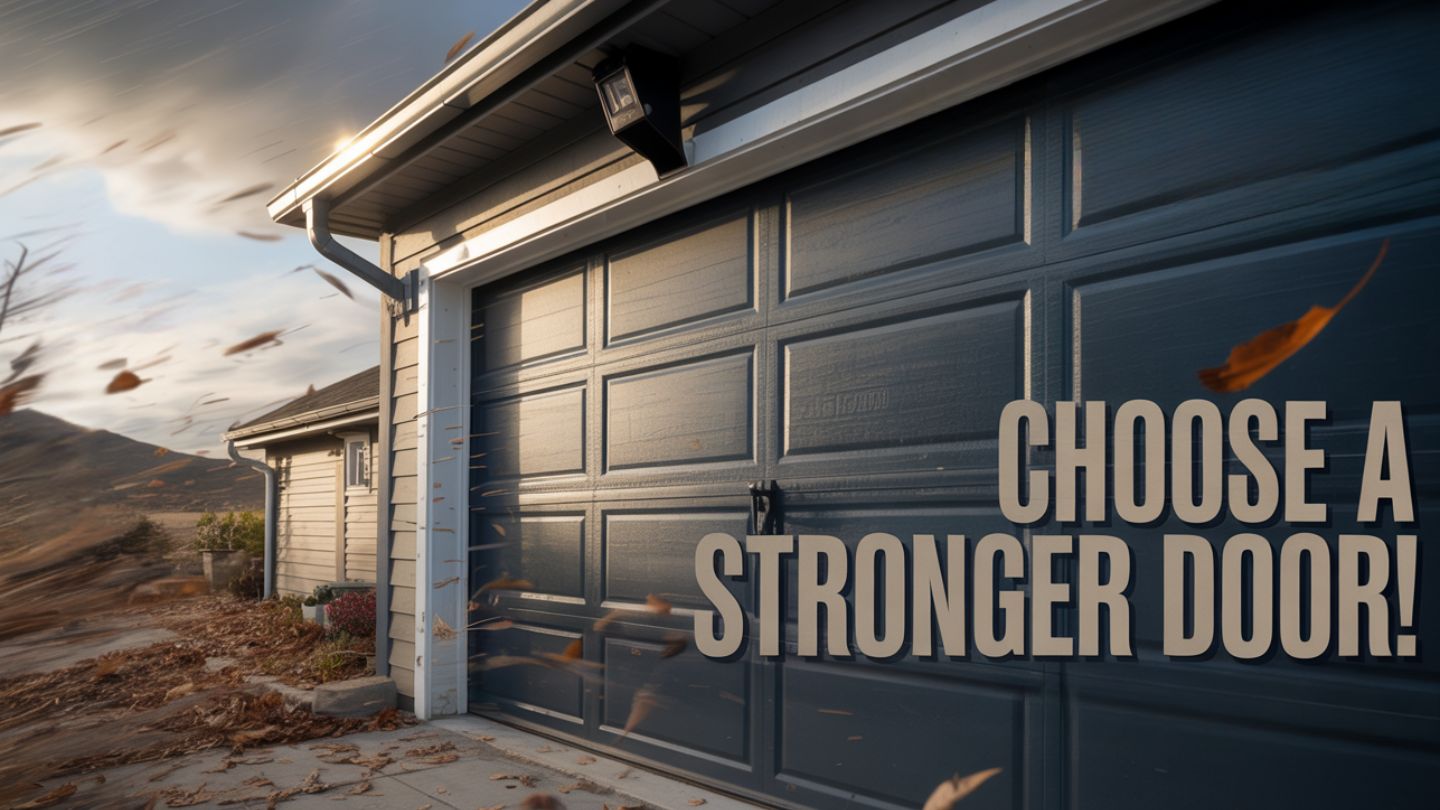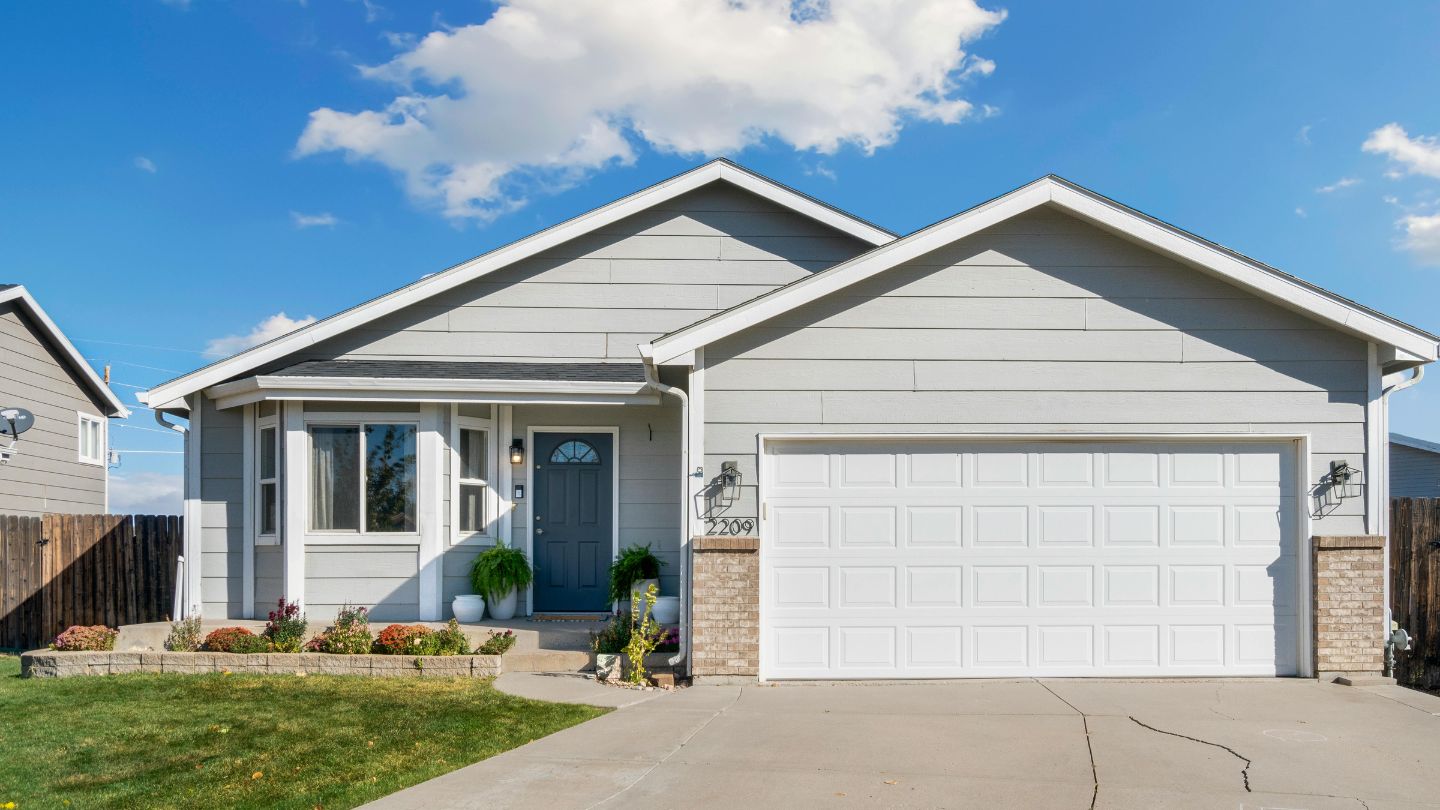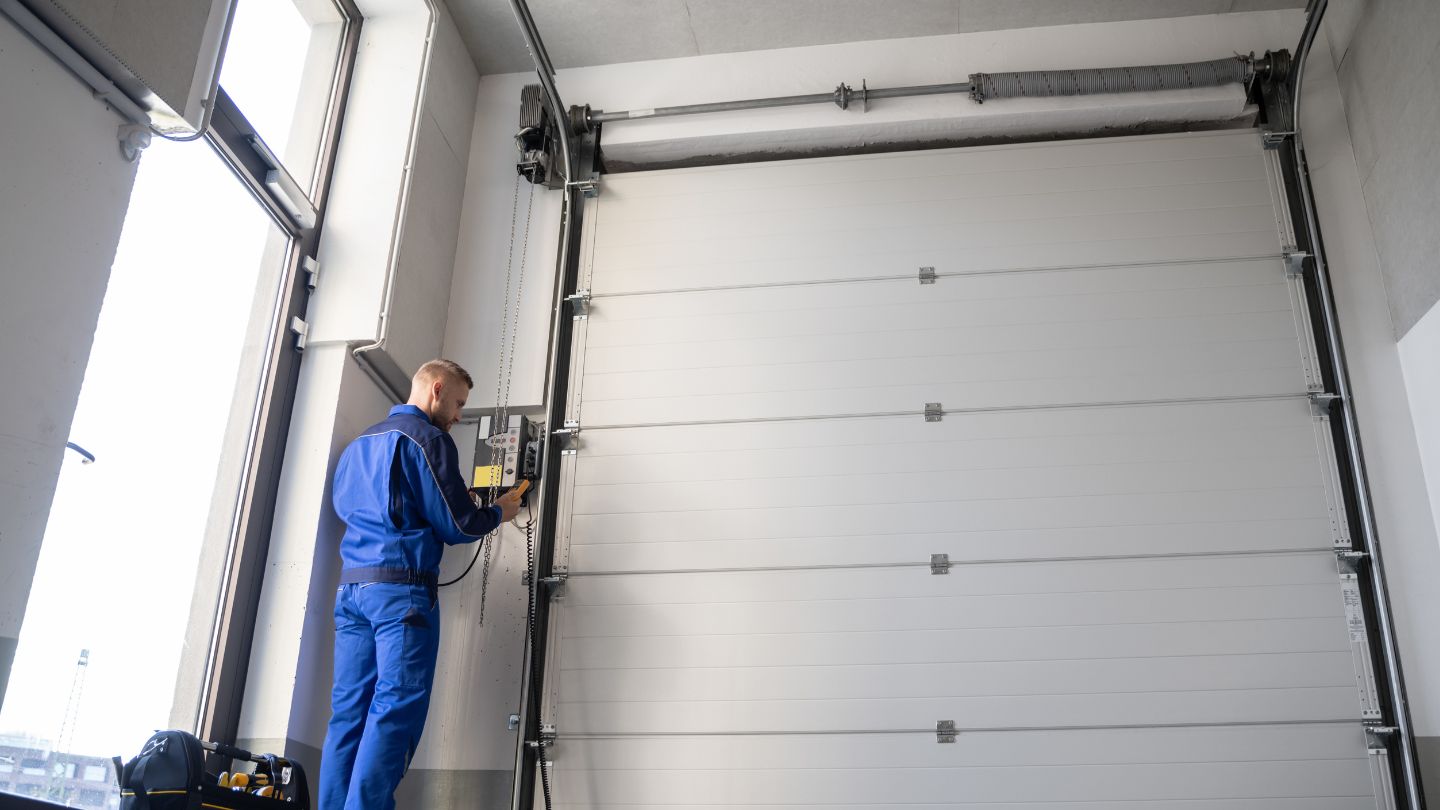
If you’re wondering how to choose a wind-resistant reinforced garage door, this blog will guide you through the key factors. From understanding local building codes to selecting the right materials and design, we have you covered. Get ready to make an informed decision that will protect your home during severe weather.
Wind-resistant reinforced garage doors, also known as impact-resistant or reinforced impact-rated garage doors, are engineered to endure extreme weather conditions, enhancing home safety.
These hurricane rated doors are vital for preserving the structures’ integrity of homes during hurricanes and other severe storms that are needed.
Several factors contribute to making a garage door wind-resistant:
Reinforced garage doors typically provide better protection against wind and debris compared to standard doors. This added protection is essential in hurricane-prone areas, where high winds and flying debris pose a significant risk.
In hurricane-prone regions, reinforced garage doors are vital for preserving structural integrity during severe storms. These doors are specifically designed to endure the severe winds associated with hurricanes, providing critical protection for the home. The hurricane-rated garage doors, for example, provide protection against high winds and other forces, meeting or exceeding safety standards and local building codes.
Reinforced garage doors can significantly reduce the risk of storm-related damage. Products like Wind Load rated garage doors are designed to meet the demands of hurricane-prone regions, ensuring that homes are safeguarded against the destructive forces of hurricanes.
Selecting a hurricane-rated garage door requires considering several key factors to ensure optimal protection. These include:
Read more: How Long Does It Take to Install a Garage Door?
Local building codes and wind load requirements are crucial in determining a garage door’s suitability for hurricane-prone areas. Manufacturers ensure compliance with local building codes through on-site testing and a dedicated wind load design team. Homeowners should consult local building code authorities and garage door professionals for accurate requirements specific to their regions. In Florida, for instance, local building requirements are regularly updated, making it essential to stay informed.
Homeowners should also consider factors such as the home’s structural type and the presence of wind-borne debris, which can increase risks during severe weather events. Professional technicians can perform on-site inspections to help ensure that garage doors meet all necessary hurricane requirements.
Material selection is key to the durability and strength of wind-resistant garage doors. Common materials used in reinforced impact-rated garage doors include:
A reinforced garage door can lower repair costs over time by preventing severe weather damage. Though standard garage doors may cost less initially, reinforced doors offer savings in long-term maintenance and energy efficiency.
Read more: Ways to Weatherproof a Garage Door
Design and aesthetics are also important considerations when choosing a hurricane-rated garage door. These doors can be attractive and enhance the beauty of the home. Customizable options allow homeowners to personalize their garage door while maintaining safety features.
For instance, some models include customizable designs that cater to both aesthetic stylish style preferences and easy functionality requirements.

Reinforced garage doors differ significantly from standard ones in performance and cost:
This added protection, however, comes at a higher initial cost to protect due to specialized materials and safe constructed construction, including a certain word in the design for security.
Reinforced garage doors can withstand wind speeds of up to 140 mph. Stronger frames and additional bracing enhance their resistance to high winds. In contrast, standard garage doors are more susceptible to damage and can buckle or be torn away, leading to dangerous internal pressure buildup.
If a garage door is blown away during a hurricane, it can act as a breach, resulting in potential blowouts of windows, roofs, and walls. Losing a garage door during heavy storms leads to uncontrolled internal pressure build-up, increasing the risk of roof and wall blowouts.
Reinforced garage doors typically cost more than standard models due to their specialized design and materials. Installing a reinforced garage door often adds $200 to $600 to the cost compared to standard models.
Investing in a reinforced garage door can save significant storm-related costs, making it a valuable long-term choice.

Proper installation and regular maintenance ensure the optimal performance of wind-resistant garage doors. These practices help preserve the door’s integrity during storms, effectively protecting your home. Understanding the expectations during the garage door installation process can help homeowners prepare effectively. From removing the old door to precise alignment and safety checks, each step ensures your new garage door operates smoothly and securely. Professional installation guarantees compliance with safety standards and optimal performance for years to come.
Read more: What to Expect During the Garage Door Installation Process: A Helpful Guide
Professional installation ensures wind-resistant garage doors meet safety standards and perform effectively during high winds. Expert installers bring the necessary skills and knowledge for complex installations, guaranteeing compliance with safety regulations. DIY installation can lead to improper fitting, risking the garage door’s performance when faced with harsh weather conditions.
Opting for professional installation over DIY methods offers peace of mind and long-term reliability.
Read more: Top Tips on How to Choose a Garage Door
Regular maintenance is essential for optimal functioning and extending the lifespan of your garage door. Routine checks should test the door’s balance and inspect for rust or component wear. Regular maintenance helps identify potential issues before they lead to emergencies or costly repairs.
Consult a professional technician for further assistance if problems are detected during maintenance checks. Inspecting weather seals and hardware connections during maintenance helps maintain the door’s integrity during storms.
Choosing the right wind-resistant reinforced garage door is essential for protecting your home from severe weather conditions. Understanding the key factors such as local building codes, material strength, and proper installation can help ensure maximum durability and safety. Comparing reinforced garage doors to standard options and investing in professional installation are critical steps to safeguard your property during hurricane season.
For expert solutions, Dayton Door Sales offers reliable services, including garage door installation in Kettering, tailored to meet high wind-resistance standards. With decades of experience, they provide premium products and professional installations to keep your home safe and secure all year round. They also serve areas including Kettering, Tipp City, Beavercreek, Bellbrook, and surrounding neighborhoods. Contact us today to learn more about how we can help protect your home.
Wind-resistant garage doors are designed to withstand high winds and debris impact during severe storms, protecting your home from structural damage and ensuring safety.
You can check your door’s wind-load rating, which should comply with local building codes. If unsure, consult a professional installer who can inspect and confirm compliance.
Steel and reinforced aluminum are popular choices due to their durability and strength. Some doors also include impact-resistant glass for added safety and aesthetic appeal.
Routine maintenance is recommended at least once a year. This includes checking hardware, testing the balance, and inspecting weather seals to ensure the door remains secure and functional.
DIY installation is not recommended because proper installation is critical for wind resistance and safety compliance. Hiring a professional ensures the door meets all requirements and functions properly.